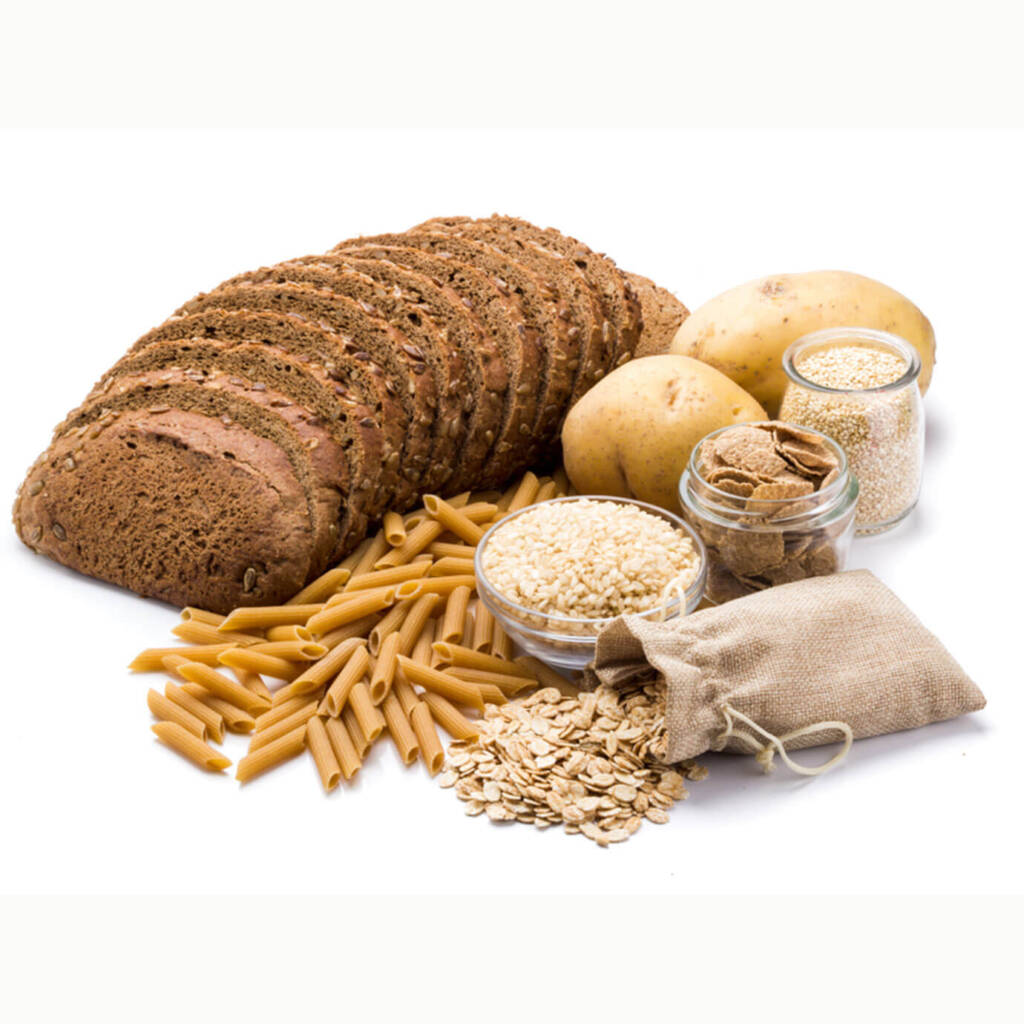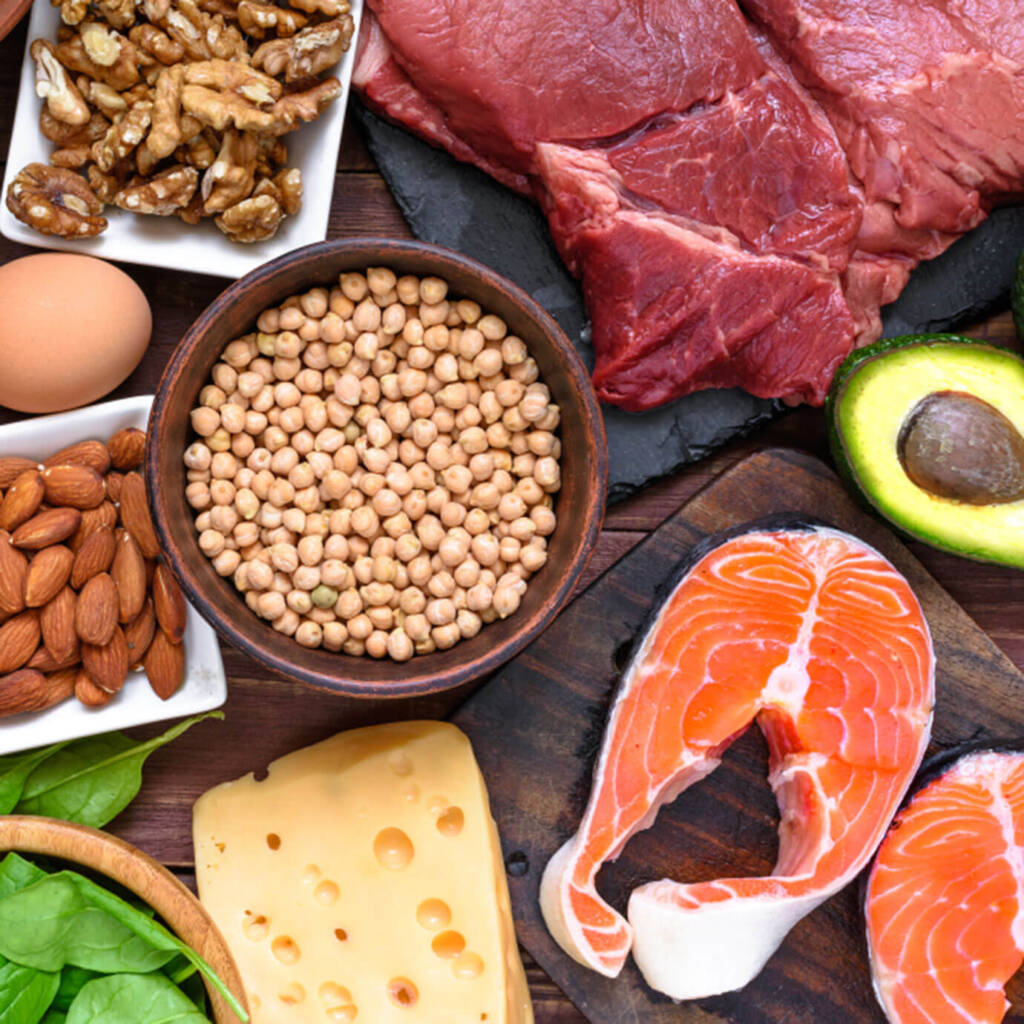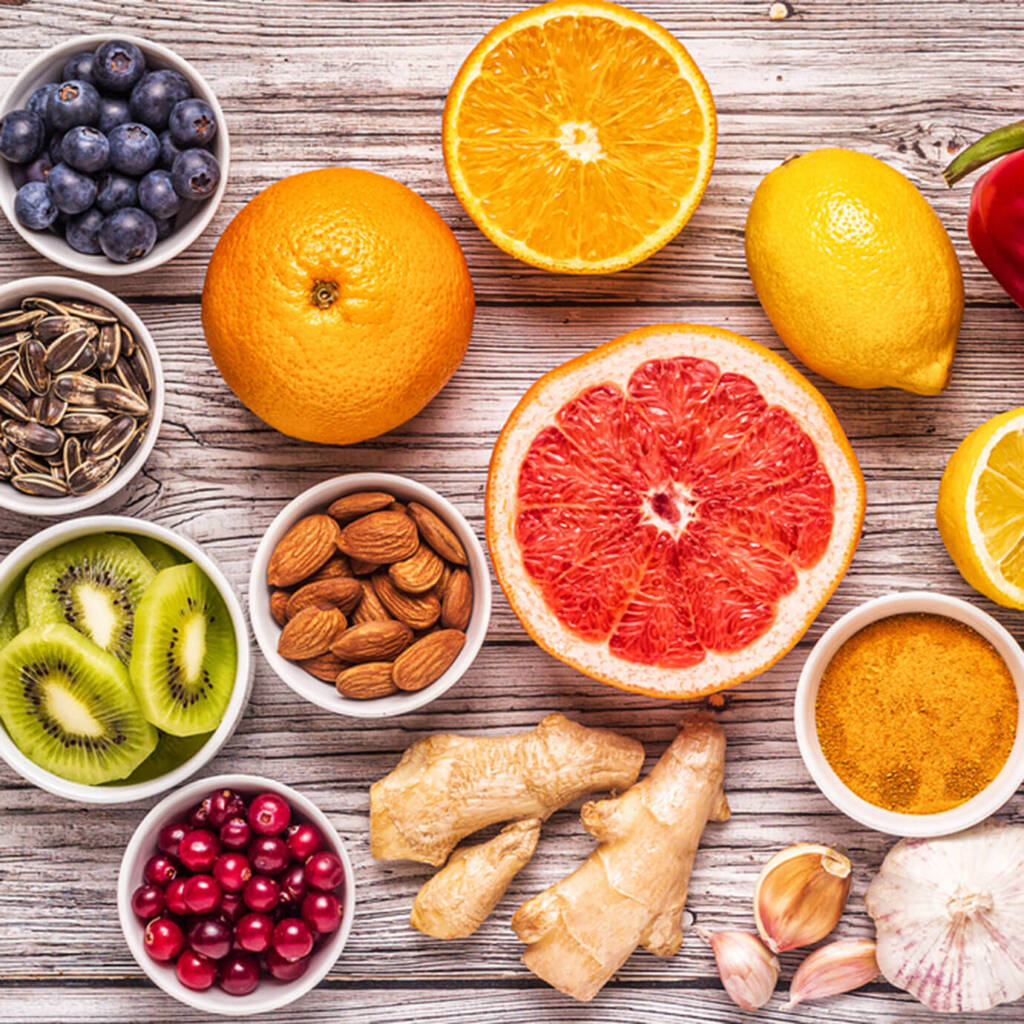Energy for the whole day – the benefits of a balanced breakfast
Breakfast – the most important meal of the day
An ideal breakfast satiates us until lunchtime. The typical British cooked or sugar heavy breakfast has its pitfalls, and even though it can taste delicious, it causes a rapid rise and fall in our blood sugar, after which we quickly get hungry again. An ideal energy kickstart to the day should be made up of the following four components:

SOURCES OF STARCH OR COMPLEX CARBOHYDRATE
The best cereals are those which are less processed, i.e. wholemeal or wholegrain foods – like wholemeal bread, homemade granola, or sugar-free flakes (oat, millet, spelt flakes, etc.).
PROTEIN SOURCES
These include milk and dairy products such as yoghurt, cheese or quark. If you don’t like or can’t tolerate animal protein sources, reach for soy products. Milk alternatives such as oat, spelt or rice milk unfortunately provide little or no protein.


FRUIT OR VEGETABLES
These provide natural energy and fibre, and they are a healthy way to fill the stomach early in the day – and can be fresh or frozen.
LIQUIDS
Drink either water or tea which hasn’t been sweetened with sugar, to help rehydrate the body after sleep. Some fruit juices can be very high in sugar and therefore these aren’t as healthy as eating whole fruit or cut fruit pieces.
AND WHAT DO MORNING GROUCHES DO?
What if you have neither hunger nor time in the morning? Never mind – a mid-morning snack could be your solution to still let you have an energy boost early in the day!
Prepare breakfast or a morning snack at home and eat it at work or as soon as hunger strikes. Wholemeal bread with cheese, natural plain yoghurt with homemade granola, or even soaked overnight oats with some fruit pieces filled into a plastic kitchen container, can all help you to have a tasty breakfast on the run, at work or away from home.
The main thing to remember is that it’s better not to give up breakfast altogether. If we don’t eat until lunchtime, we often get ravenously hungry, which we then typically satisfy with quickly available carbohydrates – often in the form of foods with lots of refined white flour or thick sugar bombs, which usually gives us a quick lift followed by a crash, rather than providing a steady flow of energy.
BEWARE OF SUGAR TRAPS!
Did you know that there is the equivalent of up to nine sugar cubes in a normal flavoured yoghurt? There’s also often lots of sugar in ready-made granola or muesli mixes, muesli bars, industrially produced coffee drinks, juices and smoothies – sugar is hidden everywhere! So, it’s worth preparing your own breakfast and controlling the amount of sugar you eat. If you want to sweeten without calories, simply add some Hermesetas.